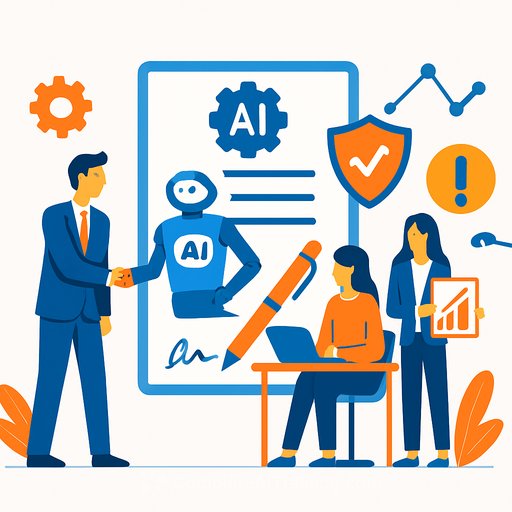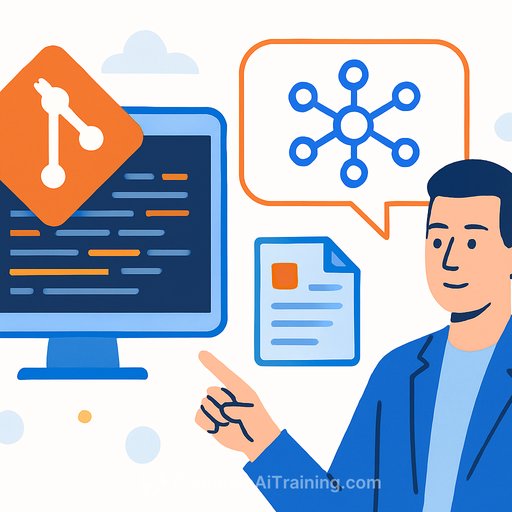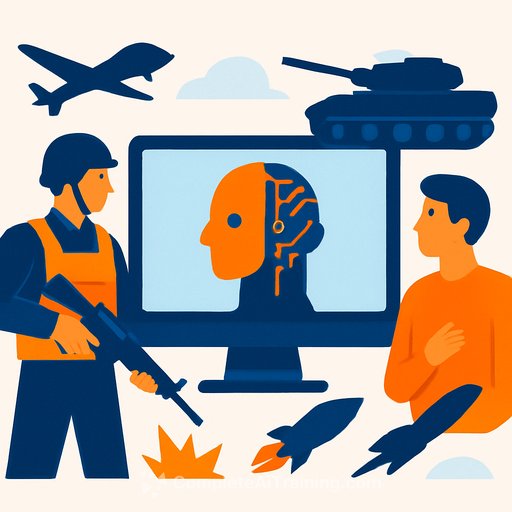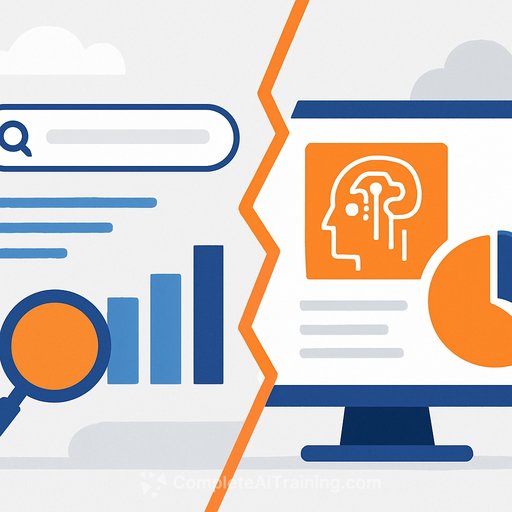Contracts for AI Agent Development and Implementation (Part 1): Setting the Stage
As AI agents move from concept to practical business use, companies face new challenges in how they contract for their development and deployment. These contracts raise fresh questions around ownership, accountability, and risk that technology and sourcing professionals must confront.
AI agents are increasingly integrated into core operations, which pushes legal teams to rethink contract structures. What should clients expect from vendors? How can organizations encourage innovation while managing emerging risks in this relatively new area?
Unique Challenges with AI Agents
Unlike conventional software, AI agents learn, adapt, and sometimes operate autonomously. This makes traditional contract frameworks less straightforward. Key uncertainties include how to handle decision-making risks, ownership of AI-generated outputs, and ongoing training and improvement of the AI.
Decision-Making Risk
What if an AI agent makes an unexpected decision or error similar to a human mistake? Some contracts address this by focusing on AI-specific service levels—such as uptime or response times for critical errors—while avoiding guarantees of particular outcomes. Others place vendor obligations on training, monitoring, and intervention, similar to outsourcing agreements where vendors ensure personnel qualifications but are not liable for every action.
Ownership of Outputs
Should AI-generated results be treated like traditional software deliverables, owned by the vendor, or owned by the client? This choice carries major intellectual property and commercialization consequences. Claiming full ownership of all AI outputs might seem ideal for clients, but it also transfers responsibility. Vendors may disclaim liability for incorrect, biased, or inaccurate AI results if the client owns the output.
Further Training and Evolution
Unlike static software, AI agents evolve by learning and improving over time. Their capabilities can be very different a year into a project. They might even train other AI agents if given access. Contracts need to clearly define how benefits from these improvements are shared during and after the agreement.
Legal Compliance and Data Responsibility
Regulations around AI use are still developing and vary by jurisdiction. Contracts should clarify what happens if certain AI features become unavailable due to legal changes, including vendor obligations for compliance or feature replacement.
Data used to train AI often comes under scrutiny. Standard warranties may not be enough. Parties should consider specific provisions to ensure proper data provenance and reduce future liability.
Why Contracts Matter Now
Many companies are already evaluating vendors for AI agent projects while laws and court decisions are still evolving. Getting contract terms right at the development stage sets clear expectations and helps manage risks before deployment.
Part 2 of this series will cover additional considerations around implementation, governance, and vendor accountability. For those looking to deepen their knowledge of AI development and contracts, exploring specialized courses can be valuable. Resources such as Complete AI Training’s latest AI courses offer practical insights tailored for IT and development professionals.
Your membership also unlocks:




